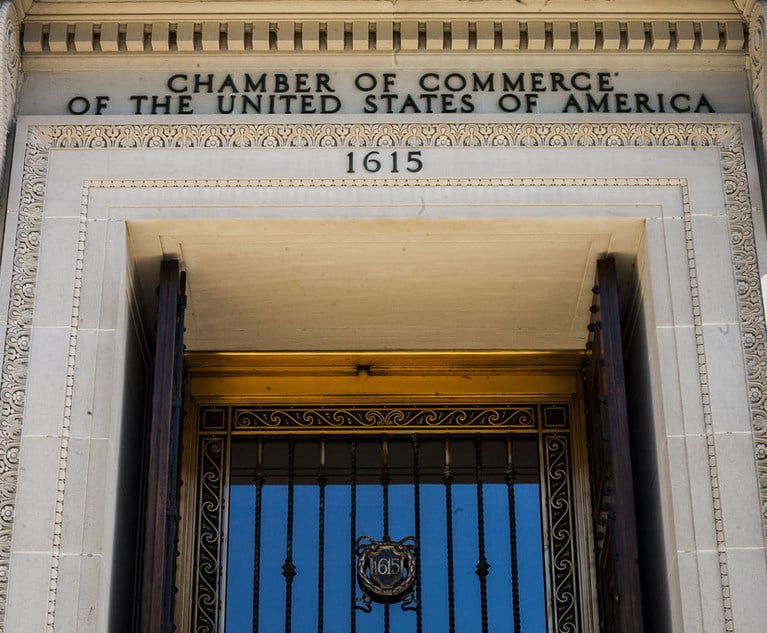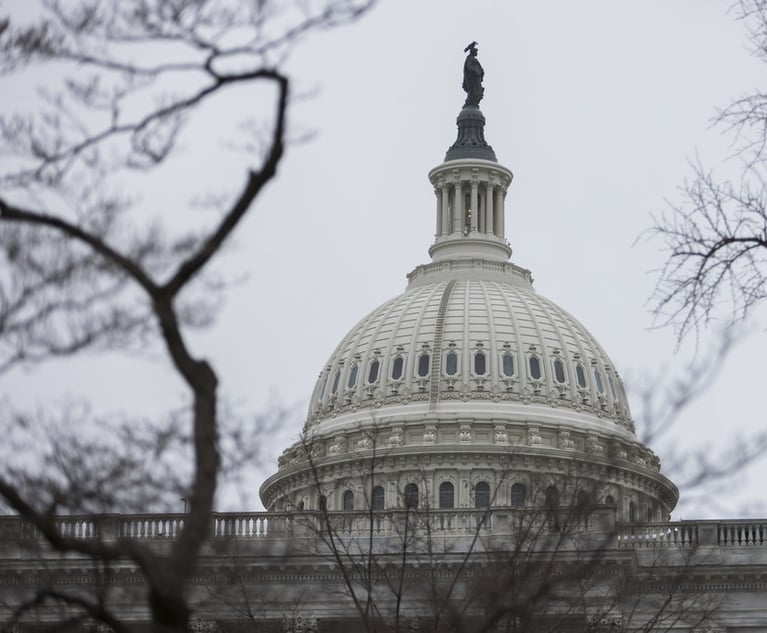In a case with potential implications for all regulated industries, gun rights advocates are asking the U.S. Supreme Court to reverse a federal appellate court decision applying deference to the Bureau of Alcohol, Tobacco, Firearms and Explosives’ rule banning bump-stock devices.
In Guedes v. ATF, a group of bump-stock owners and Second Amendment organizations argue that the U.S. Court of Appeals for the D.C. Circuit incorrectly applied so-called Chevron deference to the agency’s interpretation of “machinegun” in two criminal statutes: the National Firearms Act of 1934 and the Gun Control Act of 1968.

 U.S. Supreme Court building on April 23, 2019.
U.S. Supreme Court building on April 23, 2019.








